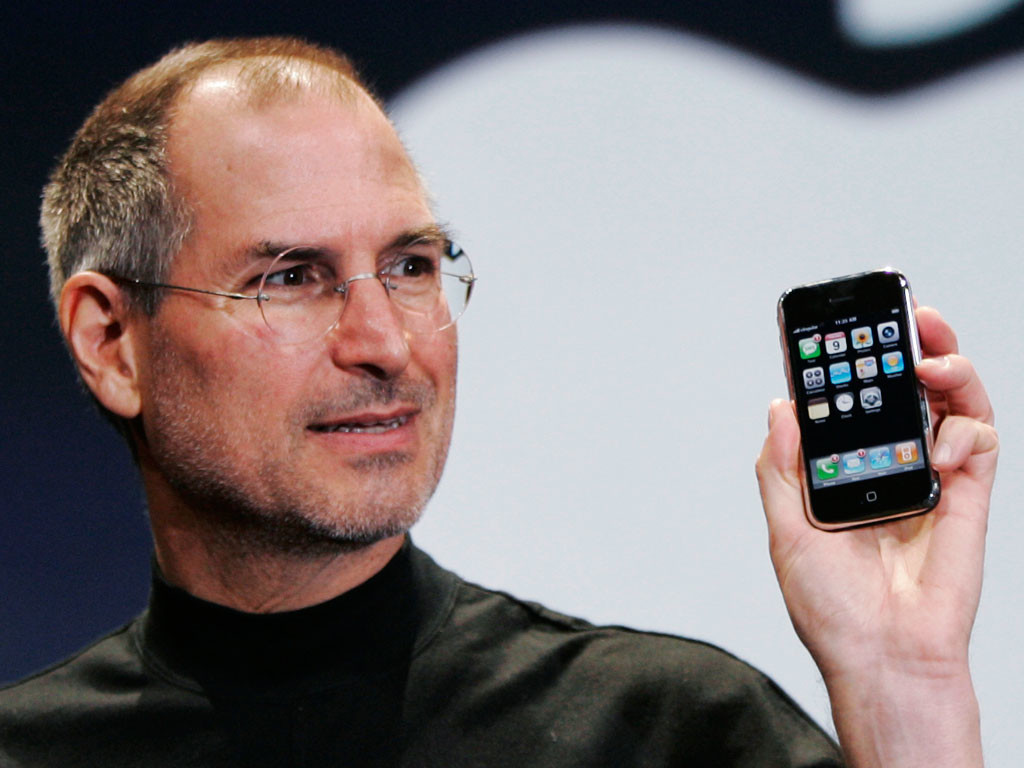What is the true essence of marketing?
I believe that it can be distilled into three basic questions:
What is the true essence of marketing?
I believe that it can be distilled into three basic questions:
To many of us, Timothy Ferriss is living the dream life. Touting himself as a “serial entrepreneur” and “ultra-vagabond”, the author of the uber bestseller “The 4-Hour Workweek” works from anywhere around the world, pursuing activities as varied as skiing in the Andes, tango dancing in Buenos Aires, or racing motorcycles in Europe.
How does he do it?
Serial entrepreneur and billionaire Lynda Resnick’s book “Rubies in the Orchard” provides a fascinating glimpse into the marketing strategies behind brands like POM Wonderful, FIJI Water, Teleflora and the Franklin Mint. Part autobiography and part business book, the highly readable tome chronicled how Lynda rose from rags to riches and deployed her marketing smarts to seed and grow four highly successful businesses.
Written in a witty and conversational fashion, Rubies in the Orchard presents an in-depth glimpse into four very different industries. In the section on Teleflora, Lynda described how marketing is “all about listening. You want to be the equivalent of a good friend”. She then described how an attribute can be a Unique Selling Proposition (USP) based on the following:
Continuing along the theme of “Zagging” as a business strategy (ie radical but customer valued differentiation), I thought it would be interesting to highlight examples of businesses which apply such “Blue Ocean” strategies in their core value propositions. By offering something radical and unique yet deeply appreciated by their customers and other stakeholders, they are able to stand out in an increasingly hyper-competitive marketplace. This would mean offering a new innovation that isn’t seen in the existing marketplace and competing on different terms from incumbents.
As expected, many of these examples are in the mouth watering F&B industry, but there are also a few cases of consumer oriented innovation in other domains both digital and non-digital.
1) Gourmet craft beers in a hawker centre: Good Beer Company in Chinatown Hawker Centre. Fine hand-crafted beers in the comfort of your slipper and shorts anybody?

Small businesses need to learn to be like David when fighting against Goliath (source of image)
What can Small and Medium Enterprises (SMEs) and independent free lancers do to build their reputations, enhance their businesses, and strengthen their reach? With limited resources and finances, how can these entities carve a space for themselves in an increasingly crowded market with competitors possessing deeper pockets, greater resources and fuller teams?
To stand a chance of winning the hearts and minds of consumers, small businesses need to take advantage of their nimbleness, flexibility and agility to outwit and outmaneuver the bigger boys. Competing along the same dimensions will only result in a sorry ending.
Written and illustrated by renowned cartoonist and blogger Hugh MacLeod of gapingvoid.com (he just completed his 10th year in the business), Evil Plans: Escape the Rat Race and Start Doing Something You Love is a business book that reads more like a personal motivation tome. True to MacLeod’s craft, every other page (or more) is peppered with his characteristically abstract and witty cartoons, complete with clever captions.
An example of this is found below:
How do companies like 3M, Apple, Google, Xerox, Siemens and Grameen Bank continually generate game changing products and services?
What can large organisations do to retain talent while building innovative cultures?
The answer? Corporate Entrepreurship, which is also the title of a book by Thunderbird School of Global Management’s Robert D Hisrich and Claudine Kearney.
“When was the last time you did something for the first time?”
With a secondary title like that, you can bet that Poke the Box – Seth Godin’s first title under The Domino Project – is going to be all provocative and punchy. And boy, the renowned marketing cum motivational blogger sure doesn’t disappoint in that department.
Gary Vaynerchuk has been “crushing” it ever since he was a teenager helping out in his family’s wine business. And his latest book shows how he does it.
Written by the straight-talking serial entrepreneur and founder of Winelibrary.com, The Thank You Economy presents a no-holds-barred approach to how businesses can leverage on the power of social media.

Are there qualities common to entrepreneurs like Steve Jobs? (Courtesy of Digital Trends)
As the world continues to moan over the demise of Apple head honcho Steve Jobs, numerous articles have been written about his entrepreneurial legacy.
These cover the length and breadth of his astounding career as one of the century’s greatest CEOs.